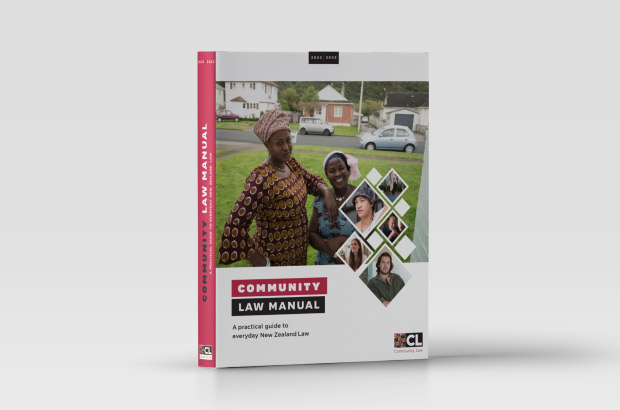Divorce: Getting a “Dissolution” Order
The Dissolution Order: How it gets made and when it takes effect
When you agree and don’t want a court hearing
Family Proceedings Act 1980, ss 38, 42 Family Court Rules 2002, rules 360–362
The court registrar can make a Dissolution Order if an application for dissolution is made:
- by both of you jointly and you agree to the order being made without you being present, or
- by one of you, but the other person agrees to the order being made without them being present or does not defend the application.
A Dissolution Order made by a Registrar does not become final until one month after the order is made. You will be sent a copy of the Dissolution Order as soon as it becomes final.
When you both agree, but want a court hearing
If you want the order made by a Family Court judge (for example, if one of you is due to remarry and you want an immediate order) and you both agree with the dissolution, you will need to request a hearing in front of a judge. This is called an “undefended hearing”. Both of you will have to go to court and appear in front of the judge as a formality. At the hearing, the judge can make a Dissolution Order that takes effect immediately.
When one of you disagrees, and there is a defended court hearing
If one partner disagrees with the dissolution, they can defend the application at the Family Court.
At defended hearing, a judge decides that the order should be made, then the order will come into effect one month after the hearing date (unless the judge’s decision is appealed).


